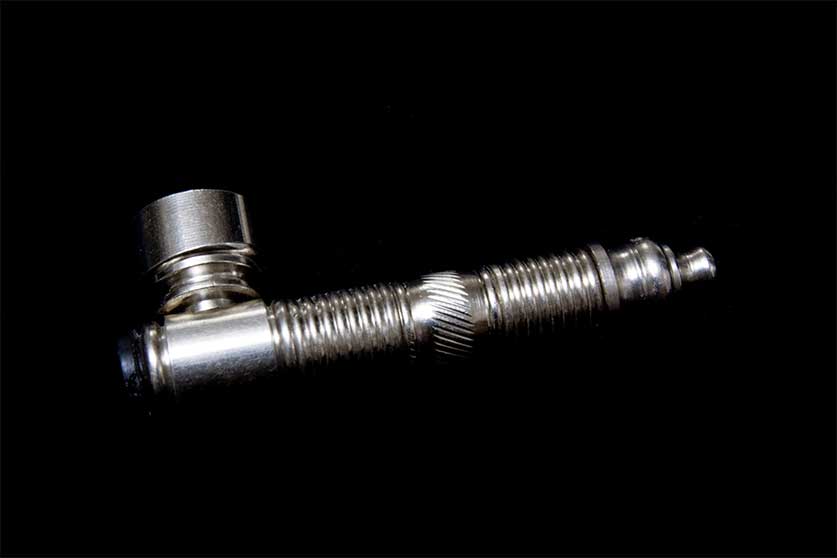Smoking Crack | Can You Smoke Crack?

Medically Reviewed By: Manish Mishra, MBBS
Smoking crack cocaine causes an intense high of temporary happiness, energy, paranoia, and irritability. Smoking crack can also lead to an increased risk of drug addiction, overdose, cardiovascular problems, and psychosis in the long term.

Crack cocaine is a form of cocaine, a powerful stimulant drug. It often takes the form of a rock crystal and can be created by cooking powder cocaine with water and baking soda. This rock crystal can be smoked through a glass pipe/crack pipe or along with marijuana or tobacco.
Crack cocaine is a Schedule II controlled substance in the United States. Historically, it saw high rates of drug abuse and overdose in the state of Ohio. The introduction of fentanyl into some doses of crack cocaine may be a cause of renewed concern in the state.
Effects Of Smoking Crack
Effects of crack cocaine may include:
- euphoria
- increased energy
- sensitivity to light and sound
- constricted blood vessels
- dilated pupils
- restlessness
- loss of appetite
Crack cocaine works by increasing amounts of dopamine in the brain. Dopamine is a neurotransmitter that is linked to motivation and reward in high amounts. Smoking crack cocaine can lead to a faster onset of effects compared to snorting powder crack cocaine.
The effects of crack cocaine can last for about 5 to 10 minutes. Crack’s pleasurable short-term effects and its effects on dopamine may lead to repeated crack cocaine use over a short period of time.
Risks Of Smoking Crack
Crack cocaine is an unregulated illicit drug. The intense high caused by crack cocaine abuse may be outweighed by the long-term health risks it can cause.
Crack Cocaine Overdose
A crack cocaine overdose can occur after smoking a high amount of the drug. Overdose can also occur when mixing crack cocaine with heroin or alcohol.
Symptoms of a crack cocaine overdose may include irregular heart rate, high blood pressure, heart attack, psychosis, extreme anxiety, seizures, and strokes.
A crack overdose can be fatal if treatment is not administered. If you see signs of a crack cocaine overdose in yourself or a loved one, call for help immediately.
Long-Term Effects
Long-term side effects linked to crack cocaine may include weight loss, poor nutrition, respiratory health problems, and Parkinson’s disease. Forms of psychosis have also been reported.
These side effects may result from cocaine’s interaction with dopamine, as well as how the drug enters the lungs. These health problems can decrease a person’s quality of life and even lead to death.
Substance Use Disorder
Crack cocaine’s interactions with dopamine can reward drug-taking behavior. After the effects of crack wear off, the lack of dopamine may encourage repeated bouts of drug use.
A substance use disorder to crack cocaine may develop after repeated crack cocaine use. Victims of crack addiction may be unable to stop smoking crack despite a declining quality of life. They may also suffer from crack cocaine addiction and cravings when trying to quit.
To find out if our crack cocaine abuse treatment program works for you or your loved one, please contact Ohio Recovery Center. Our detox services, mental health care, withdrawal management services, and other addiction treatment options can help you find a path towards a drug-free life.
- Drug Enforcement Administration — Drug Fact Sheet: Cocaine https://www.dea.gov/sites/default/files/2020-06/Cocaine-2020_1.pdf
- National Institute on Drug Abuse — Cocaine DrugFacts https://nida.nih.gov/publications/drugfacts/cocaine

